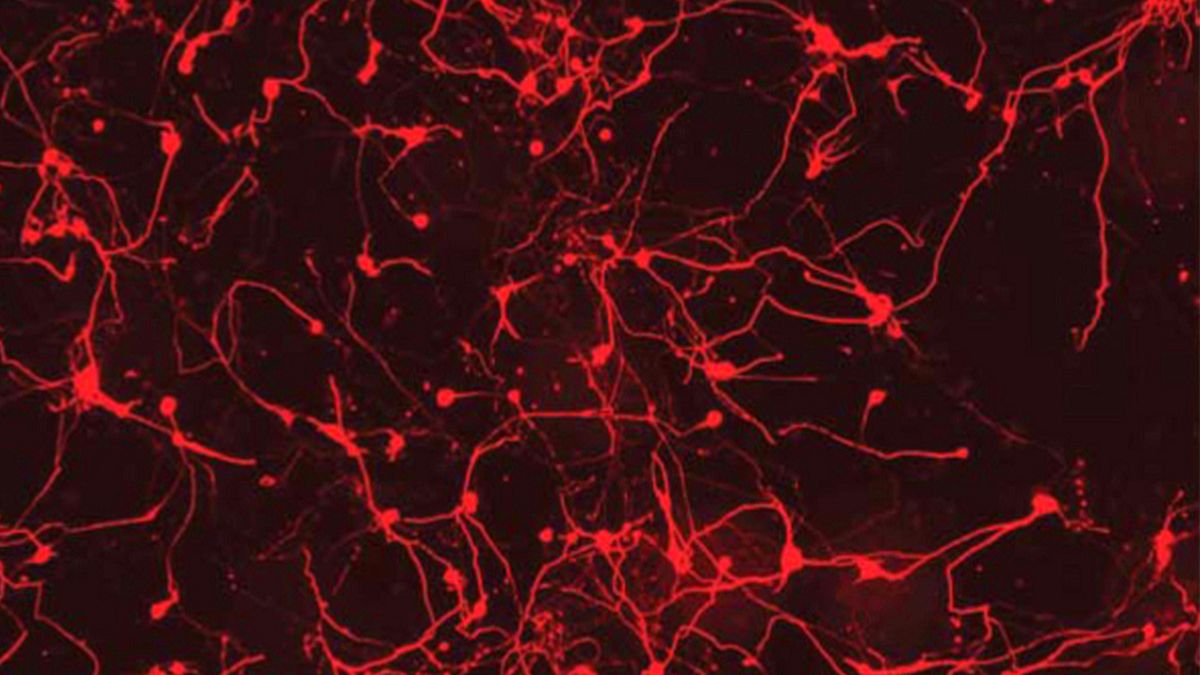A new era in biology may be beginning soon, as scientists have found a way to create embryonic-type stem cells without actual embryos but by reprogramming mature cells.
The initial experiments on mice were successful and scientists say that in the near future such a technique could be used to reprogram human stem cells.
Chris Mason, Chair of Regenerative Medicine Bioprocessing at University College London, said that the experiment was “the most simple, lowest-cost and quickest method” to generate so-called pluripotent cells from mature cells. These pluripotent cells are capable of developing into different cell types.
“If it works in man, this could be the game changer that ultimately makes a wide range of cell therapies available using the patient’s own cells as starting material” Mason told Reuters.
Scientists from Brigham and Women’s Hospital and Harvard Medical School in the United States as well as the RIKEN Center for Developmental Biology in Japan collaborated for the experiments.
During the research the scientists let mature cells multiply and then subjected them to stress “almost to the point of death”, by exposing them to various procedures including trauma, low oxygen levels and acidic environments.
After several days, the cells survived and recovered by naturally reverting into a state similar to that of an embryonic stem cell, according to the scientists.
“If we can work out the mechanisms by which differentiation states are maintained and lost, it could open up a wide range of possibilities for new research and applications using living cells,” Haruko Obokata, who lead the work at RIKEN, stated.
What are stem cells?
Stem cells are considered the body’s master cells. They are able to differentiate into all other types of cells. According to scientists, the stem cells’ ability to regenerate tissue makes them valuable in the fight against various diseases for which there are currently only limited treatments. Conditions that could potentially benefit include Parkinson’s, stroke and heart disease.
Two main types of stem cells exist. The first are called embryonic, since they are harvested from embryos. The second, referred to as adult or iPS cells, are taken from skin or blood and reprogrammed back into stem cells.
Source: Reuters


